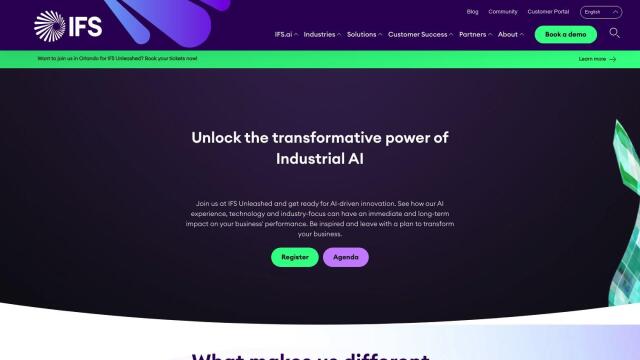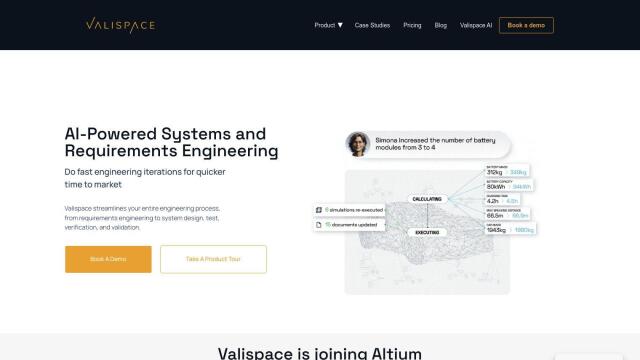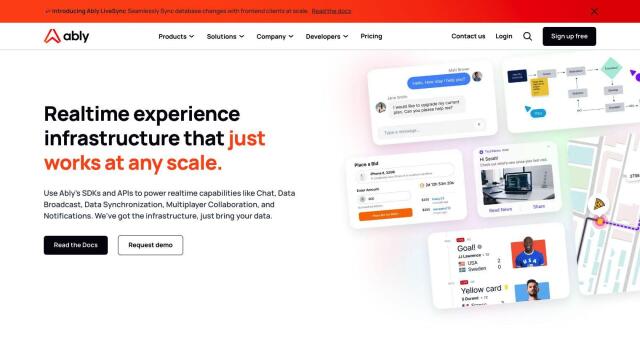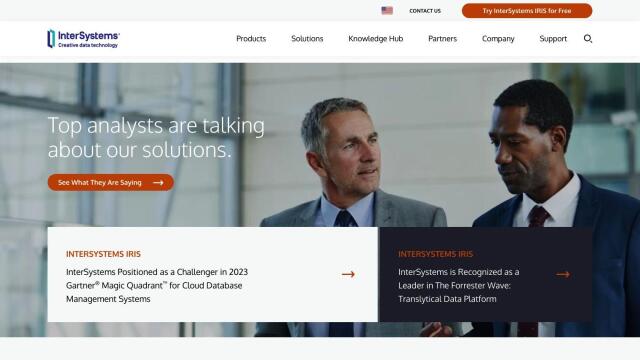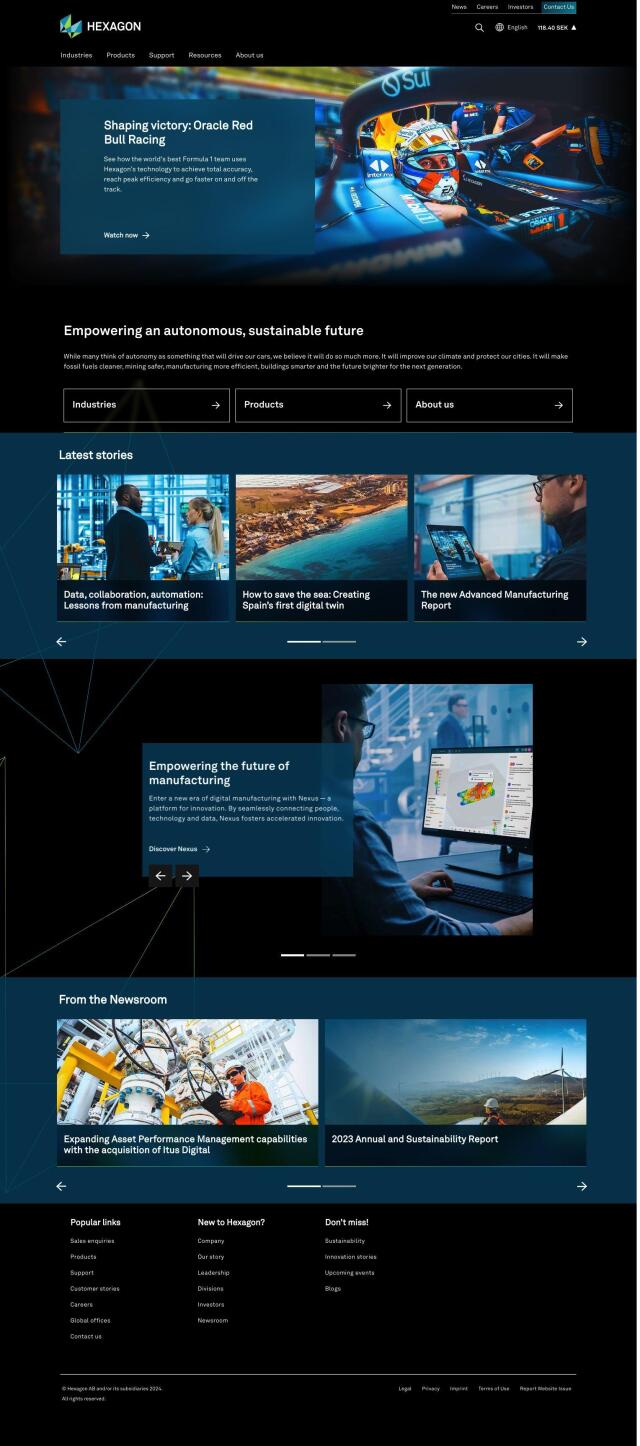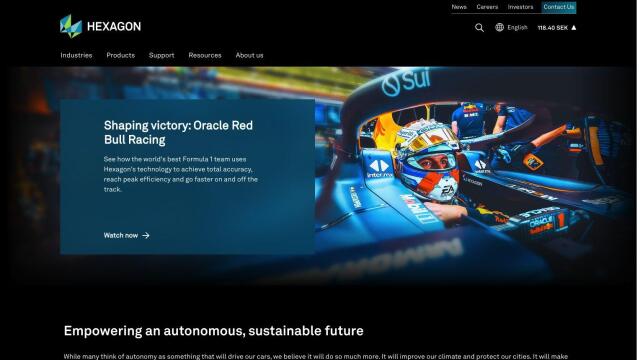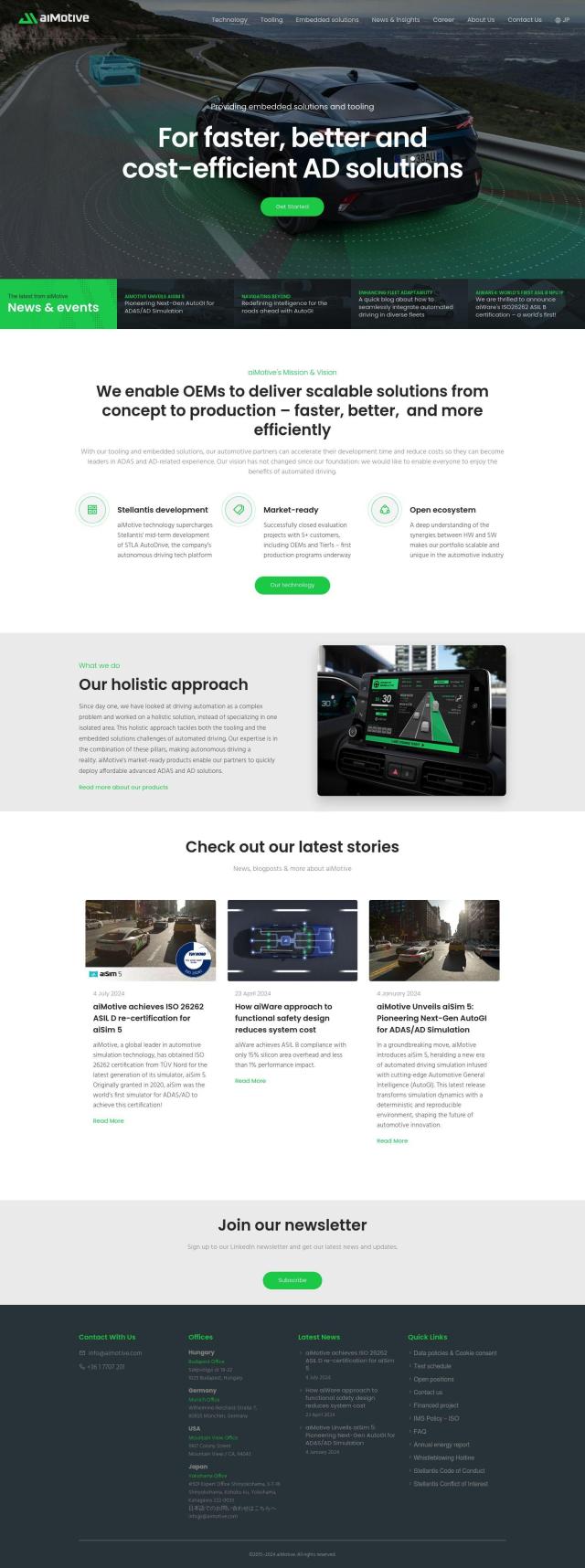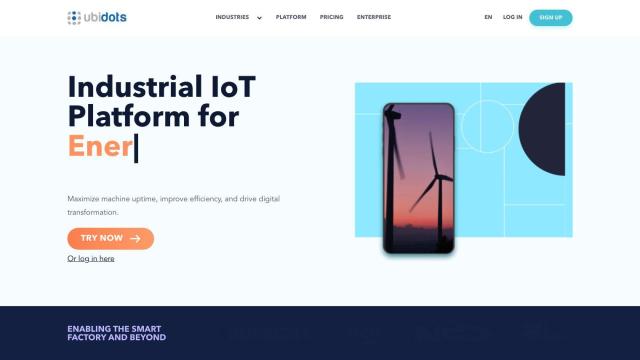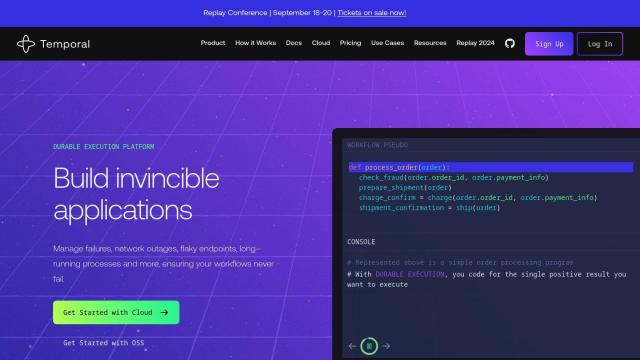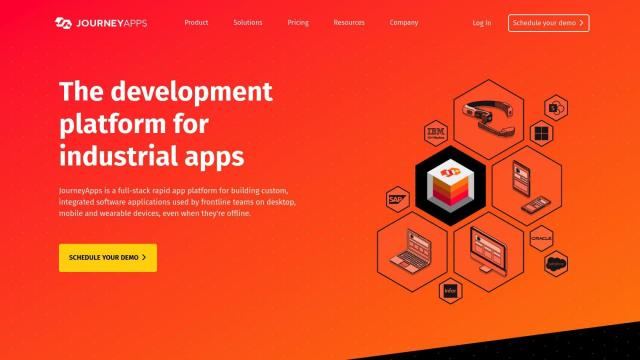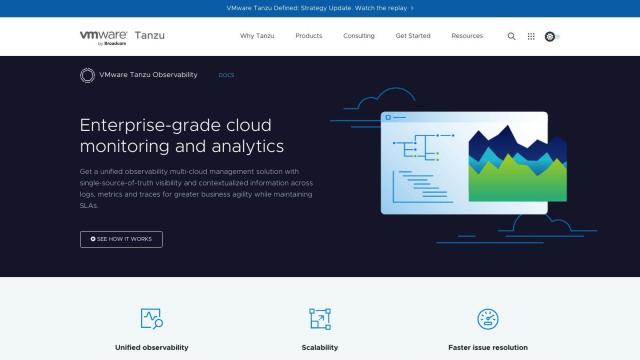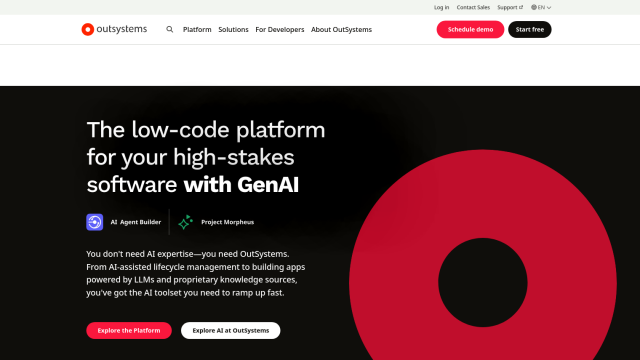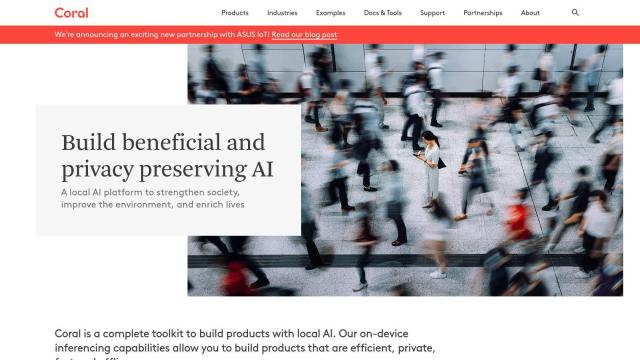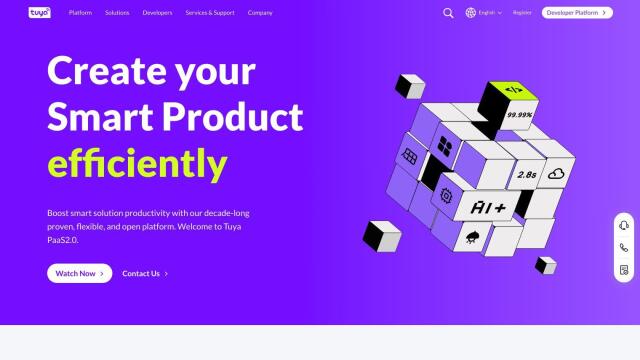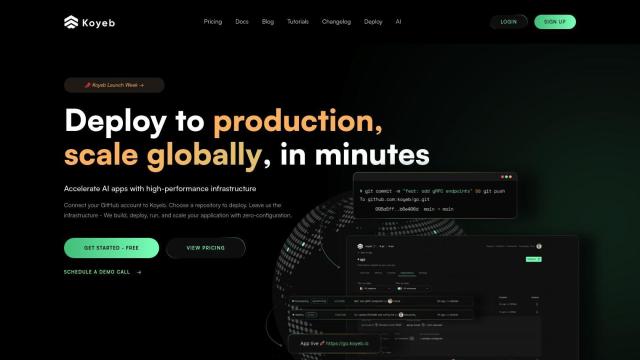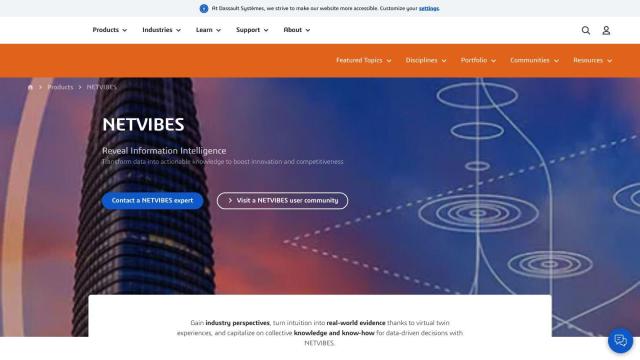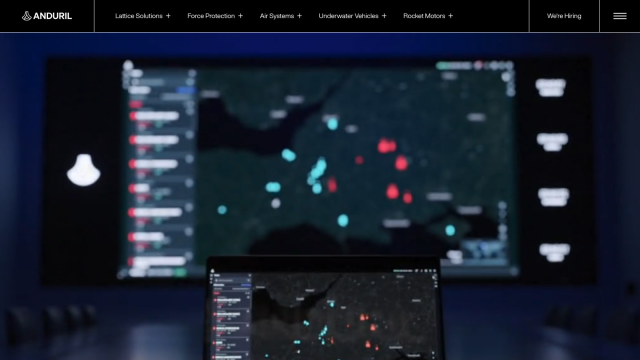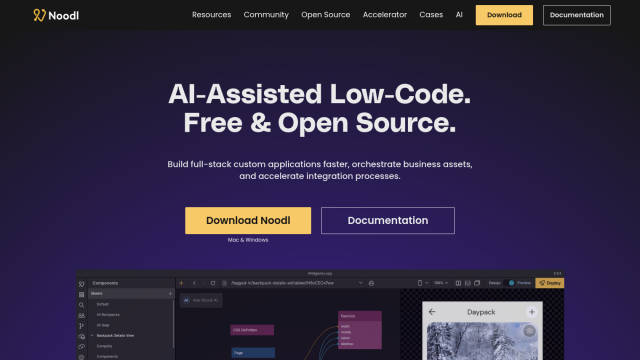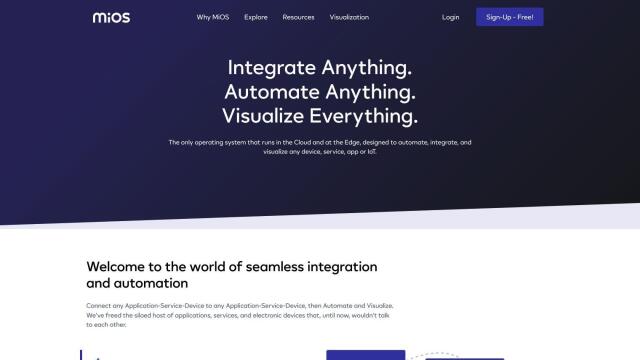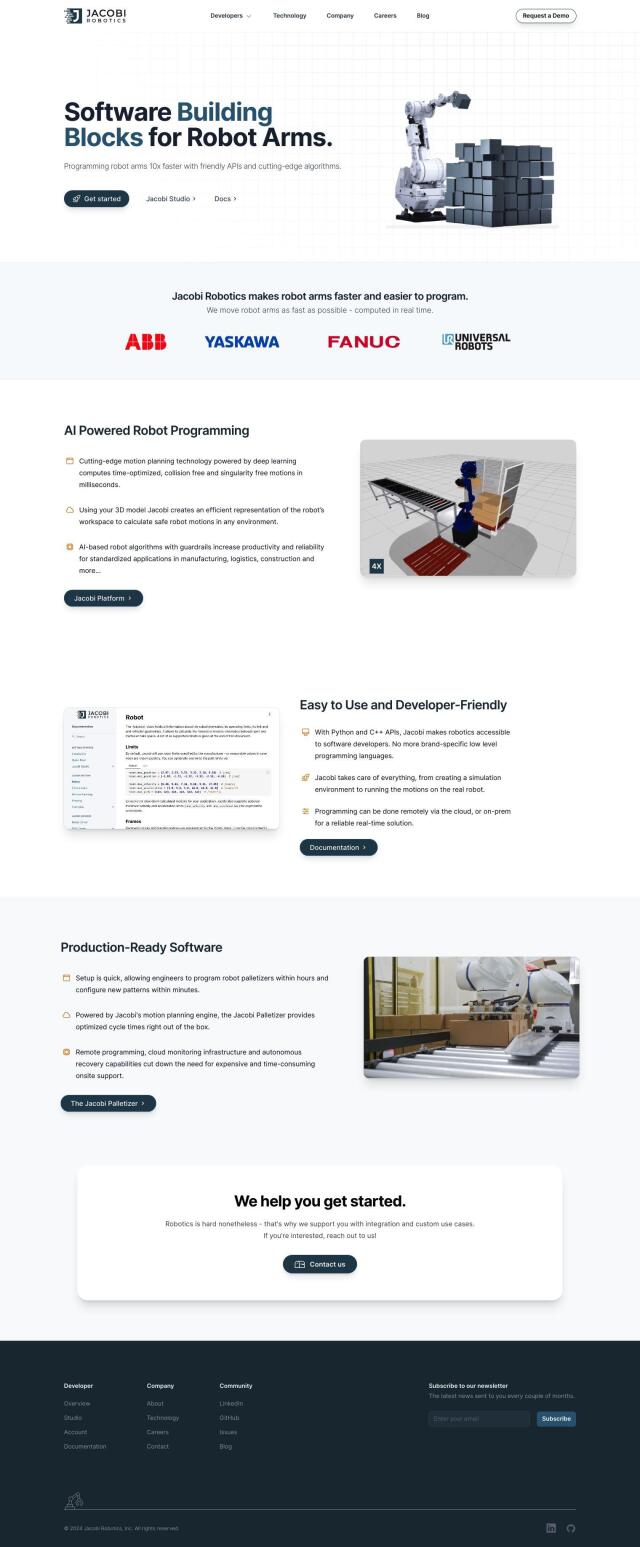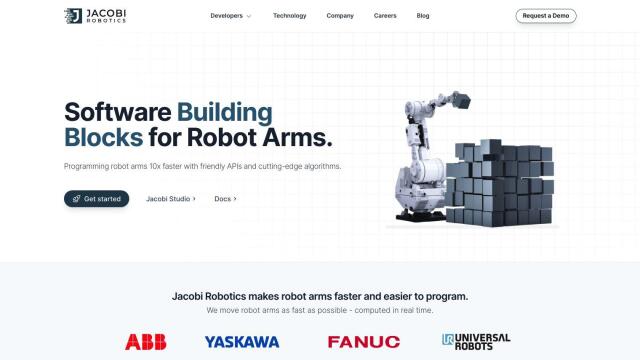Question: I need a platform that supports the development of modular, real-time systems for industries like aerospace, automotive, and healthcare.

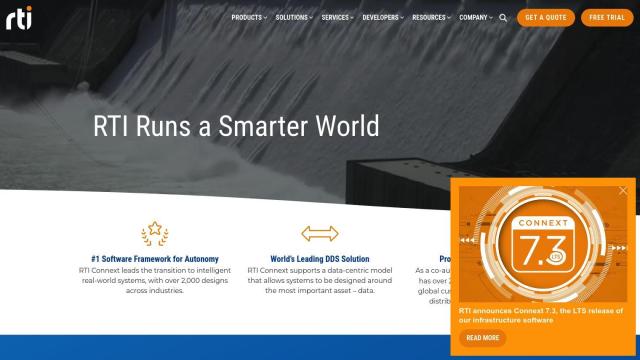
RTI
For building modular, real-time systems, RTI has a full software framework called Connext that's geared for autonomous and software-defined systems. It's based on data-centric models that ensure data is available to devices and algorithms, and it's used in industries like Aerospace & Defense, Automotive and Healthcare. Connext supports DDS and ISO 26262 standards, and there are several licensing options, including commercial, research, academic and open-source.

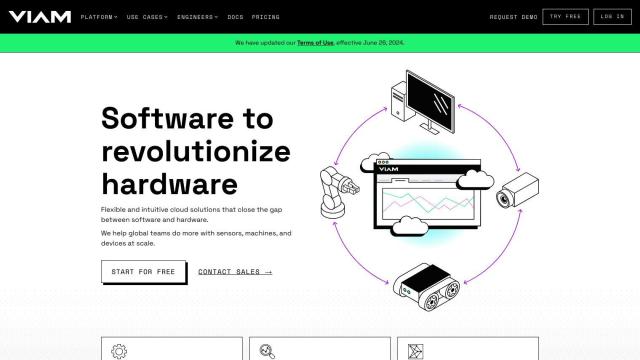
Viam
Another contender is Viam, a cloud-based service for building, monitoring and managing smart machines. It links software and hardware, offering data insights, AI abilities and a fleet maintenance planning service. Viam is flexible and hardware-agnostic, so it can be used in many industries, and it's priced on a pay-as-you-consume basis to help you run it more efficiently and get developers moving faster.
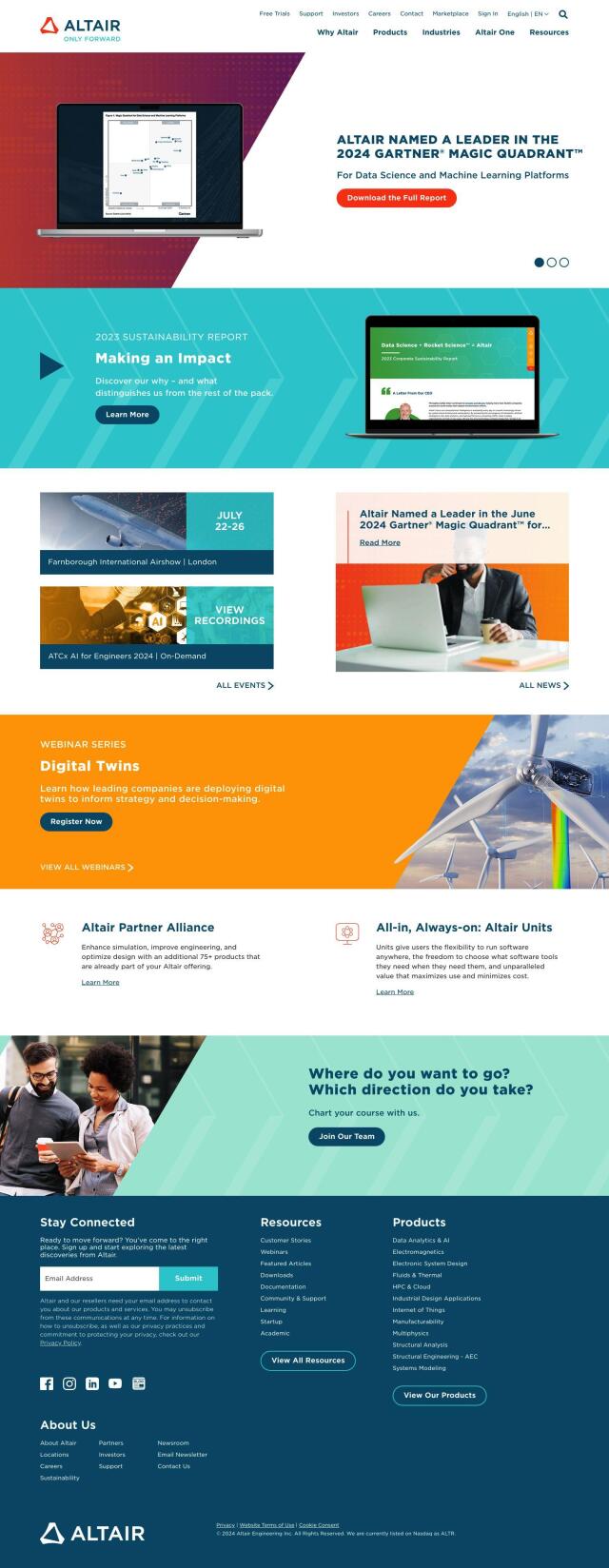
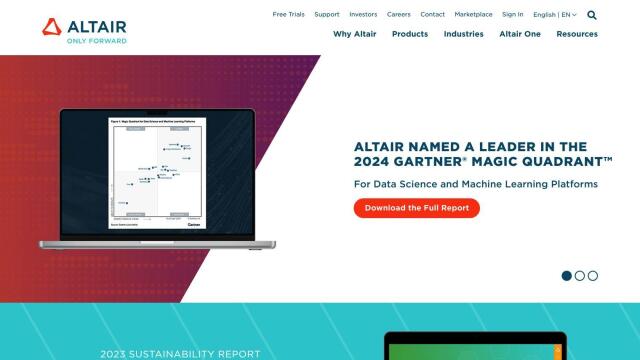
Altair
If you need a wider range of tools, Altair combines simulation, high-performance computing, data analytics and AI to spur innovation. It offers AI-boosted simulation, physics-based predictions and digital twin tools, which can be useful in aerospace, automotive and heavy equipment. Altair's software can run anywhere, so it's flexible for product design and performance optimization.

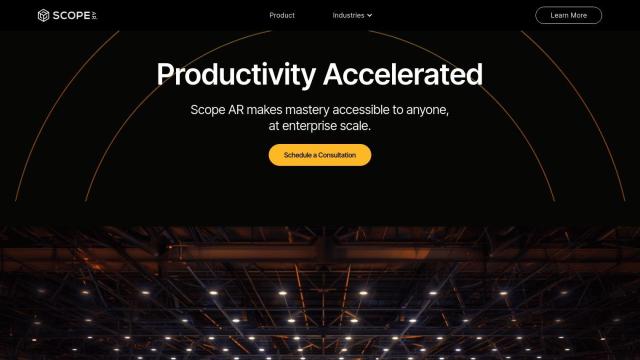
Scope AR
Last, Scope AR offers an augmented reality-based service to boost productivity in aerospace, manufacturing and medical device industries. Its flagship product, WorkLink, combines 3D content creation, collaboration and data insights to speed complex work and cut errors. With a focus on security and flexibility, Scope AR works on a variety of hardware and can be deployed in different ways, so it's a good option for real-time system development.

